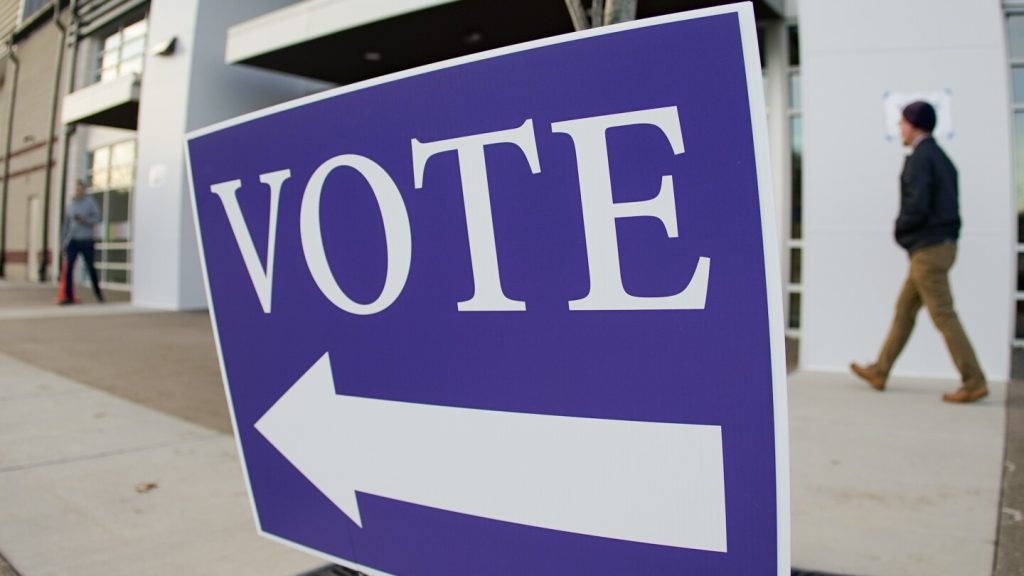Several Pennsylvania counties are relocating polling places out of synagogues and other Jewish buildings due to a conflict with the upcoming primary election falling on the first day of Passover. In Allegheny County, which includes Pittsburgh, 16 polling places have been relocated from six locations, including synagogues and a Jewish community center. The primary election is scheduled for April 23, and all the relocated polling places are expected to revert to their former spots in November. Voters in affected precincts will receive letters and signs will be posted at the former locations with directions to the new sites.
The Philadelphia area has also seen polling locations being shifted due to the conflict with Passover. A 2019 study found that the city and its four “collar” counties have nearly 200,000 Jewish households, totaling about 450,000 people. Philadelphia moved four synagogue polling places, all of which had hosted voting for at least the past six years. Bucks County, a Philadelphia suburb, is set to consider relocating a synagogue polling place on Monday. In Montgomery County, eight of the 17 polling places that were moved had been located inside synagogues. Montgomery County Commissioner Neil Makhija criticized state lawmakers for not finding a suitable alternative to April 23, calling it “unfortunate and disrespectful.”
Makhija compared the situation to putting Election Day on Easter Sunday or Christmas, noting that people are often with family or worshipping on those holidays. He emphasized that while some people may still vote, others may be unable to participate. Pennsylvania law typically sets most primaries in May, but in presidential election years, such as 2024, they are held on the fourth Tuesday in April. Proposals were debated last summer and fall to change this year’s primary date to avoid the Passover conflict and to be more relevant to the presidential contest. In September, the Senate voted to move the primary to March 19, but this was opposed in the Democratic-controlled House. In October, the House voted to hold an April 2 primary, but the proposal died without Senate action.
County officials who run elections argued that by the time proposals were being debated, it was too late to make a change for the primary date. They highlighted the implications for petition circulation, as well as the need to secure voting locations and poll workers for a different date. The story has been corrected to clarify that the polling locations were shifted by elections officials, not by a vote. Despite the challenges presented by the conflict with Passover, county officials are working to ensure that voters are informed of the changes and directed to the new polling locations. Overall, efforts are being made to address the situation and minimize disruption to the primary election process in Pennsylvania.


